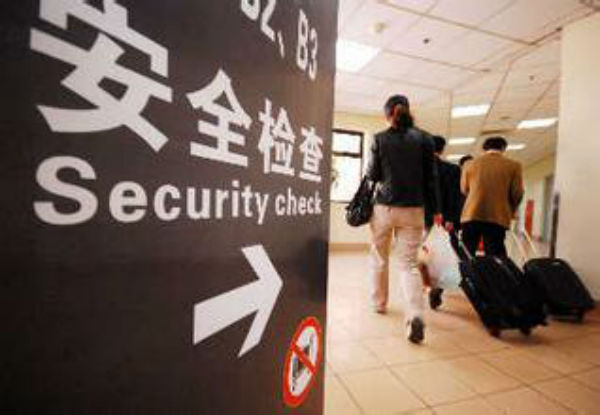
According to China Confidential, a research institute of Financial Times, the total expenditure of China outbound travelers reached RMB140 billion (US$498 billion) in 2014. In other words, today’s Chinese outbound tourists’ spending is more than the total household consumption expenditure in some countries, such as Indonesia ($436 billion) and Turkey ($442 billion).
Since 2012, China had been the largest outbound tourism market in the world. In 2014, the total number of outbound travelers increased from 98 million to 109 million. And the China travelers’ consumption increased by 17% in the first 3 quarters in 2014.
More and more Chinese travelers tend to spend their vacation in foreign countries, and the U.S is one popular destination for them.
China outbound tourism is still in an early stage. Although Chinese outbound tourism increased by 20% to 117 million person-trips in 2014, only less than 6% Chinese citizens hold passports.
The total expenditure estimated by China Confidential is higher than the official estimate of US$200 billion, which does not include the expenses for flights, travel visa, and other.
Although the current total consumption and growth potential are still promising, there are indications that with the change of personal priorities, many Chinese travelers begin to reduce their spending during their trips overseas.
Based on a survey of 1,288 outbound tourists and 40 travel agencies, the latest China Confidential issued an annual report recently. This report found that in 2015 per capita expenditure of outbound tourists fell by 6.2% while from 2013 to 2014 the average expenditure per person already fell by 9.4%. China outbound travelers’ spend on shopping fell by 8% .
This slowdown is more prominent among high-income tourists. People whose annual household income are over RMB 350,000 said that shopping spending for traveling averaged RMB16,440. Compared with last year, it fell by 34.4 percent although shopping spending still accounts for a large portion of their total expenditure (34.3%). In contrast, China Confidential’s survey found that the shopping expenditure accounted for 44.2% last year.
The decrease in shopping spend is related to China’s domestic situation including economic slowdown and crack down on corruptions. However, China Confidential thinks the decrease is simply the result of expenditure priority change. On average, high-income tourists’ spend on entertainment increased by 31.1%; 78.6% on other services such including car rental and local getaway trips. And, growing number of Chinese tourists tend to choose affordable products.
Read more: Rise of the China Outbound Tourism